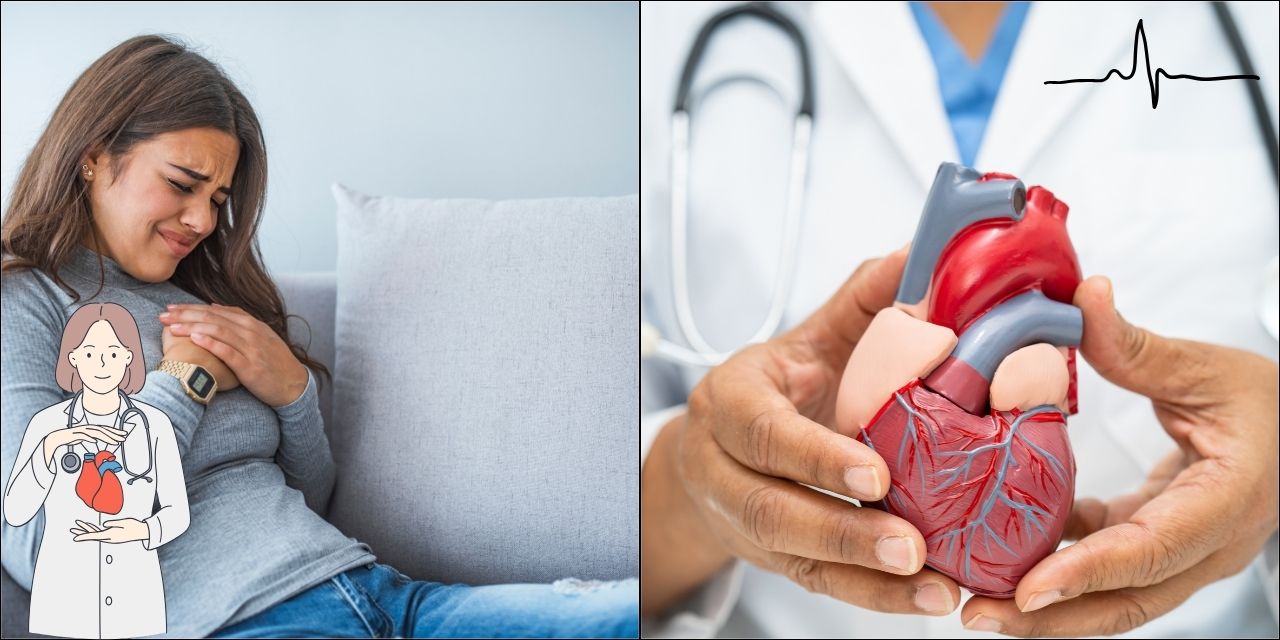Vascular surgery is a specialized branch of surgery focusing on the diagnosis, treatment, and management of conditions related to the blood vessels. This field is crucial for addressing issues such as blood clots, aneurysms, and other vascular disorders that can impact the heart and overall circulation. In this article, we’ll explore how vascular surgery works, the causes behind these conditions, and how this type of surgery can offer solutions.
What is Vascular Surgery?
Vascular surgery involves procedures designed to treat conditions affecting the arteries, veins, and other blood vessels. Surgeons in this field address issues that disrupt normal blood flow and can lead to serious complications if left untreated. The primary goal is to restore proper circulation and improve the quality of life for patients.
How Vascular Surgery Addresses Blood Clots and Heart Issues
Blood clots can form in various parts of the body, including the veins and arteries. When a clot blocks a blood vessel, it can lead to severe complications, such as a heart attack or stroke. Vascular surgeons use several techniques to manage and treat blood clots:
➤ Thrombectomy
This procedure involves the surgical removal of a blood clot from a blood vessel. It is often performed in emergency situations to restore blood flow quickly.
➤ Angioplasty and Stenting
Angioplasty involves using a balloon to open up narrowed or blocked blood vessels, while stenting involves placing a small metal mesh tube (stent) to keep the vessel open.
➤ Bypass Surgery
This procedure creates a new pathway for blood flow around a blocked or narrowed artery. It is commonly used for severe cases where other treatments are not effective.
➤ Endovenous Laser Therapy (EVLT)
This minimally invasive technique uses laser energy to close off problematic veins, improving blood flow and reducing symptoms.
Causes of Blood Clots and Heart Issues
Understanding the causes of blood clots and heart issues is essential for prevention and effective treatment. Some common causes include:
- Atherosclerosis: The buildup of fatty deposits in the arteries, which can lead to narrowing and increased risk of clot formation.
- Sedentary Lifestyle: Prolonged periods of inactivity, such as sitting for long hours, can increase the risk of blood clots.
- Smoking: Tobacco use damages blood vessels and promotes clot formation.
- Genetic Factors: Some individuals have a genetic predisposition to clotting disorders.
- Medical Conditions: Conditions such as diabetes, hypertension, and obesity can contribute to the development of vascular problems.
Preventing Vascular Issues
Preventing vascular issues involves adopting a healthy lifestyle and managing risk factors. Some preventive measures include:
➽ Regular Exercise: Engaging in physical activity helps improve circulation and reduce the risk of blood clots.
➽ Healthy Diet: Consuming a balanced diet rich in fruits, vegetables, and whole grains can help manage cholesterol levels and prevent atherosclerosis.
➽ Smoking Cessation: Quitting smoking reduces the risk of blood vessel damage and clot formation.
➽ Regular Check-Ups: Routine medical check-ups can help identify and manage risk factors early.
Frequently Asked Questions
1. What are the symptoms of a blood clot?
Symptoms may include swelling, pain, redness, and warmth in the affected area. If a clot travels to the lungs or heart, it can cause chest pain, difficulty breathing, or sudden collapse.
2. How is vascular surgery performed?
Vascular surgery can be performed using traditional open surgery techniques or minimally invasive methods, depending on the condition and its severity.
3. What are the risks associated with vascular surgery?
Risks may include infection, bleeding, and adverse reactions to anaesthesia. Your surgeon will discuss potential risks based on your specific condition.
4. How long is the recovery period after vascular surgery?
Recovery time varies depending on the procedure and the individual’s overall health. Generally, patients may need several weeks to months to fully recover. Dr. Sidharth Garg will provide a personalised recovery plan and support to help you navigate the healing process.
Conclusion
Vascular surgery plays a vital role in treating blood clots and heart issues, offering a range of procedures to restore proper blood flow and address vascular problems. If you are experiencing symptoms related to blood clots or other vascular conditions, seeking prompt medical attention is crucial.For those in need of expert heart treatment, Dr. Sidharth Garg, offers comprehensive care for vascular and heart-related conditions. As one of the best heart doctor in Chandigarh, Dr. Garg provides personalised treatment plans to address your specific needs and improve your cardiovascular health.For more information please contact us on:+919855069991.












